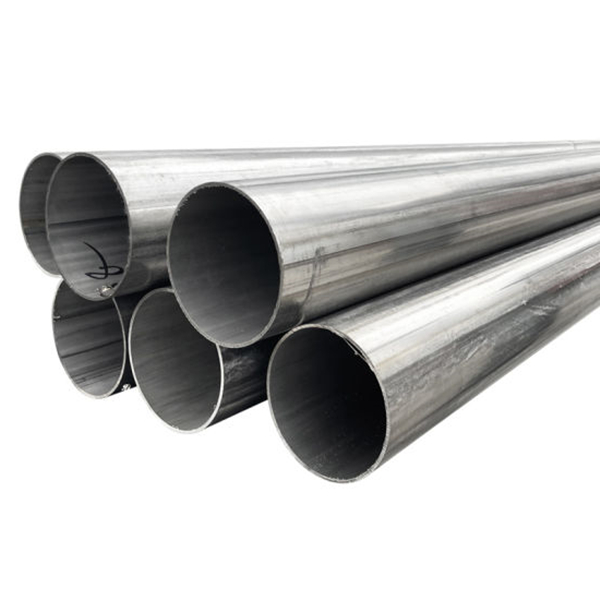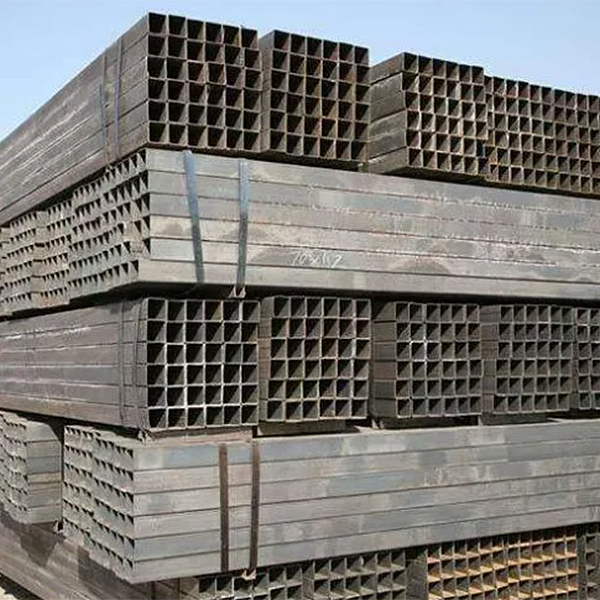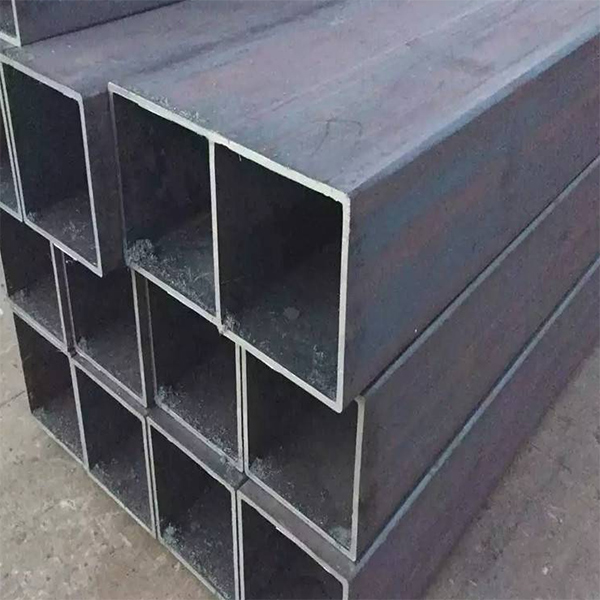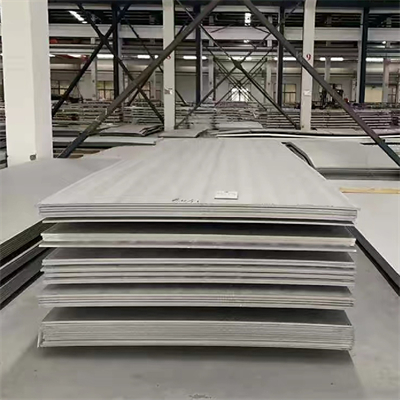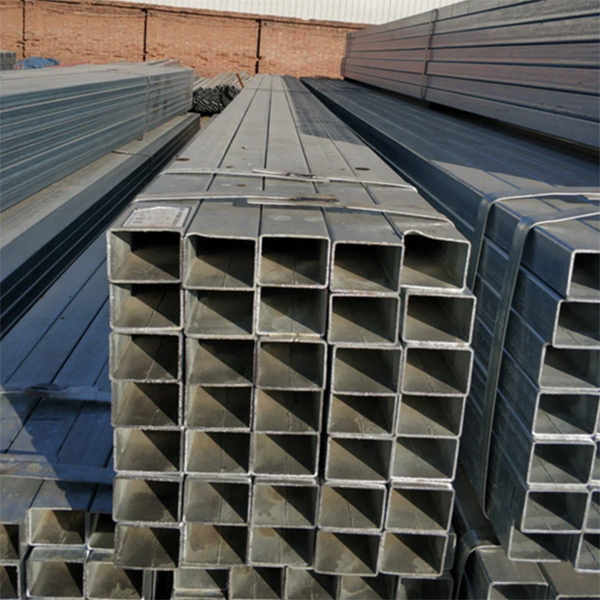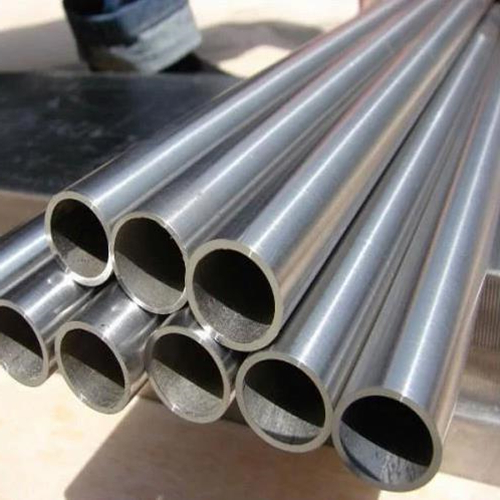Building material stainless steel pipe
Use Of Steel Pipe
Steel pipes are cylindrical tubes made from steel that is used in many ways in manufacturing and infrastructure. They’re the most utilized product made by the steel industry. The primary use of pipe is in the transport of liquid or gas underground—including oil, gas, and water. However, pipes of varying sizes are used throughout manufacturing and construction. A common household manufacturing example is the narrow steel pipe that runs the cooling system in fridges. Construction uses pipes for heating and plumbing. Structures can be built using steel pipes of varying sizes, such as handrails, bike racks, or pipe bollards.
William Murdoch is thought to be the pioneer of steel pipes. In 1815, he joined barrels of muskets together to support a coal lamp-burning system. Murdoch used his innovative piping system to transport coal gas to lamps on the streets of London.
Since the 1800s, great strides have been made in the technology of steel pipes, including improving manufacturing methods, developing applications for their use, and establishment of regulations and standards that govern their certification.
Production of steel pipe
From melting raw materials to molding or welding, this ubiquitous building material is created through two main processes:
Both processes must start by making good quality steel. Raw steel is produced by foundries through a process of melting raw materials in a furnace. To get the composition exactly right, elements may be added to the molten metal, and impurities removed. The resulting molten steel is poured into molds to make ingots or is transferred to a continuous casting machine to make slabs, billets, and blooms. The pipe is made from two of these products: slabs or billets.
Cleaning method
1. the first use of solvent cleaning steel surface, the surface of the organic matter removal,
2. then use tools to remove rust (wire brush), remove loose or tilt scale, rust, welding slag, etc.,
3. the use of pickling.
Stainless steel water pipe
The performance of the material of the stainless steel pipe itself is quite stable, and the tensile strength of the stainless steel water pipe is also very large, and it has very good ductility and toughness. The high strength of these stainless steel water pipes greatly reduces the possibility of some water leakage due to external effects and influences, thereby reducing the penetration of the current water, so that water resources can be effectively protected and utilized. Stainless steel pipes can often be widely used in some hot and cold water, as well as water purification, air, and other petrochemical and other aspects.
Stainless steel pipes can effectively reduce heat loss in hot water pipes. And stainless steel material is a 100% renewable material, it will not bring certain pollution to the environment, when the user is completed, it will go back to the factory for reprocessing to produce a new product. Stainless steel pipes are currently more commonly used. Compared with other materials, the best performance and price comparison is stainless steel water pipes. Its service life is generally relatively long. It can be said that the minimum cost is used to obtain the maximum earnings.

